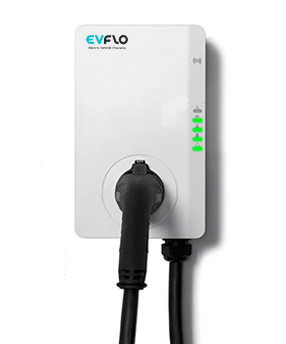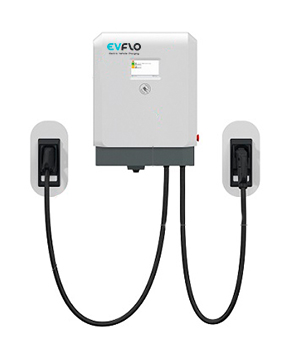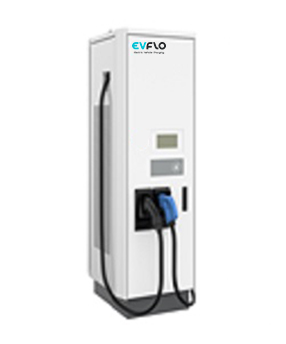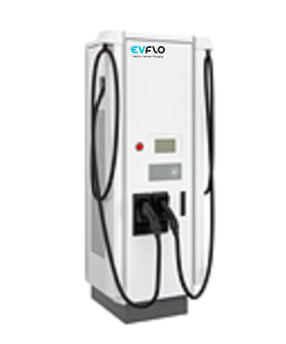DC fasting charging can have an impact on the battery life but it depends on a few factors such as the frequency of use, the charging rate, the temperature, and the battery's state of health. The occasional use of DC fast charging will not negatively affect battery life. To maximize battery life, it is recommended to use a combination of fast and slow charging, and to avoid charging to 100% capacity.



